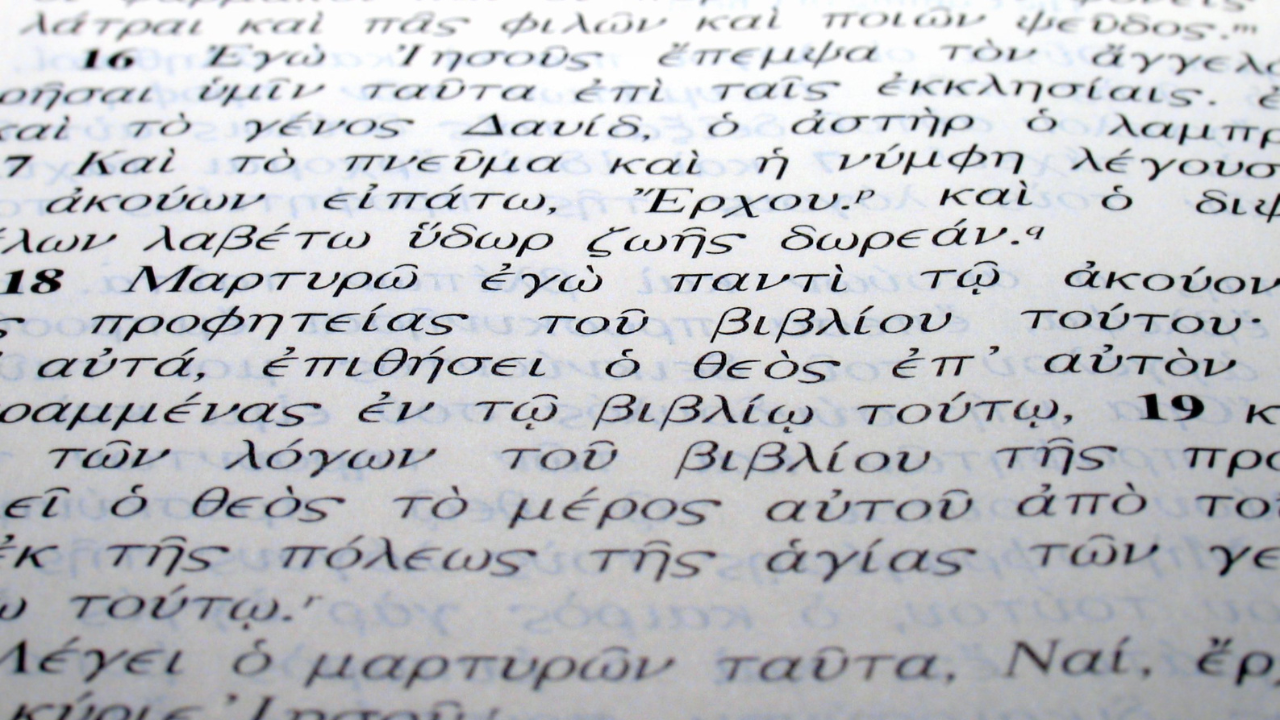Greek Letter Combinations
The first step in your learning journey is the alphabet. Once you’ve become familiar with the 24 letters of the Greek alphabet and their individual pronunciation, it is important to learn the various letter combinations. To begin with, let’s start with the seven vowels and 17 consonants.
The Greek Vowels
There are seven vowels in the Greek language and their sounds are distinct. These are:
Αα – Άλφα
Εε – Έψιλον
Ηη – Ήτα
Ιι – Ιώτα
Οο – Όμικρον
Υυ – Ύψιλον
Ωω – Ωμέγα
There are three different letters for the “e” sound (“e” as in “hero” or “zero“): Ηη, Ιι, and Υυ.
There are two different letters for the “o” sound (“o” as in “oven” and “open”): Οο and Ωω.
Εε is pronounced similar to the “e” in “hen” or “pen”.
Αα is pronounced similar to the “a” in “parrot” and “carrot”.
Listen the entire Greek alphabet pronunciation here.
There are no separate vowels for the sounds of “i” (as in “island” or “highland”) or “u” (as in “ultra” and “utility” ). Therefore, some letter combinations are deemed necessary to pronounce words borrowed from foreign languages.
The Greek Digraphs
A digraph is a pair of characters used in the orthography of a language to write a distinct sound. The term itself derives from Greek (di= double/twice, grapho= to write).
The modern Greek digraphs are the following:
αί, εί, οί, υί, αύ, εύ, (ηύ – rare)
The Greek Dipthongs
A diphthong is a combination of two adjacent vowel sounds withing a single syllable. The term itself derives from the Greek word “δίφθογγος” (di= double/twice, phthongos= sound), however, it applies in any language that uses combinations of vowels.
The modern Greek diphthongs are:
αη, οη, αϊ/άι, οϊ/οι
The Greek Consonants
The Greek language has 17 consonants that are often mispronounced by non-native speakers. Here are the consonants of the Greek language:
Aα – Άλφα
Ββ – Βήτα
Γγ – Γάμα
Δδ – Δέλτα
Ζζ – Ζήτα
Θθ – Θήτα
Κκ – Κάππα
Λλ – Λάμδα
Μμ – Μι
Νν – Νι
Ξξ – Ξι
Ππ – Πι
Ρρ – Ρο
Σς – Σίγμα
Ττ – Ταφ
Φφ – Φι
Χχ – Χι
Ψψ – Ψι
The Greek consonants are separated between:
• Labials, which are formed with the lips (e.g. “Ππ”).
• Dentals, which are formed with the tongue and teeth (e.g. “Ττ”).
• Palatals, which are formed with the tongue and palate (e.g. “Κκ”).
Double Consonants in Greek
There are certain consonant sounds that are not represented by a single letter in th Greek alphabet, such as “Bb” or “Dd”. As a general rule of thumb, the words that require these phonetic sounds derive from other languages, usually Turkish, English, and French (e.g. “μπαχτσές”). These are: μπ, ντ, γκ/γγ, τζ, τσ.
Μπ is pronounced similar to Bb (as in “Black”, “Back”, and “Band”).
Ντ is pronounced similar to Dd (as in “Disc”, “Dusk”, and “Duck”).
Γκ or Γγ is pronounced similar to Gg (as in “Gallon” and “Gulf”).
Τζ is pronounced similar to Jj (as in “James” and “Joy”).
Τσ is pronounced similar to Ch (as in “Choice” and “Challenge”).
It is important to highlight that all Greek vowels and consonants have a distinct and clear sound, similar to Spanish and Portuguese. There are no “hidden” sounds when reading a word aloud. This is why, contrary to popular belief, Greek can be one of the easiest languages to pronounce. For exercises and additional help/guidance, join our video courses!

Marialena Perpiraki is a journalist and writer from Athens, Greece. In 2020, she founded Helinika as a cross-media platform.


Feel free to leave questions/remarks…